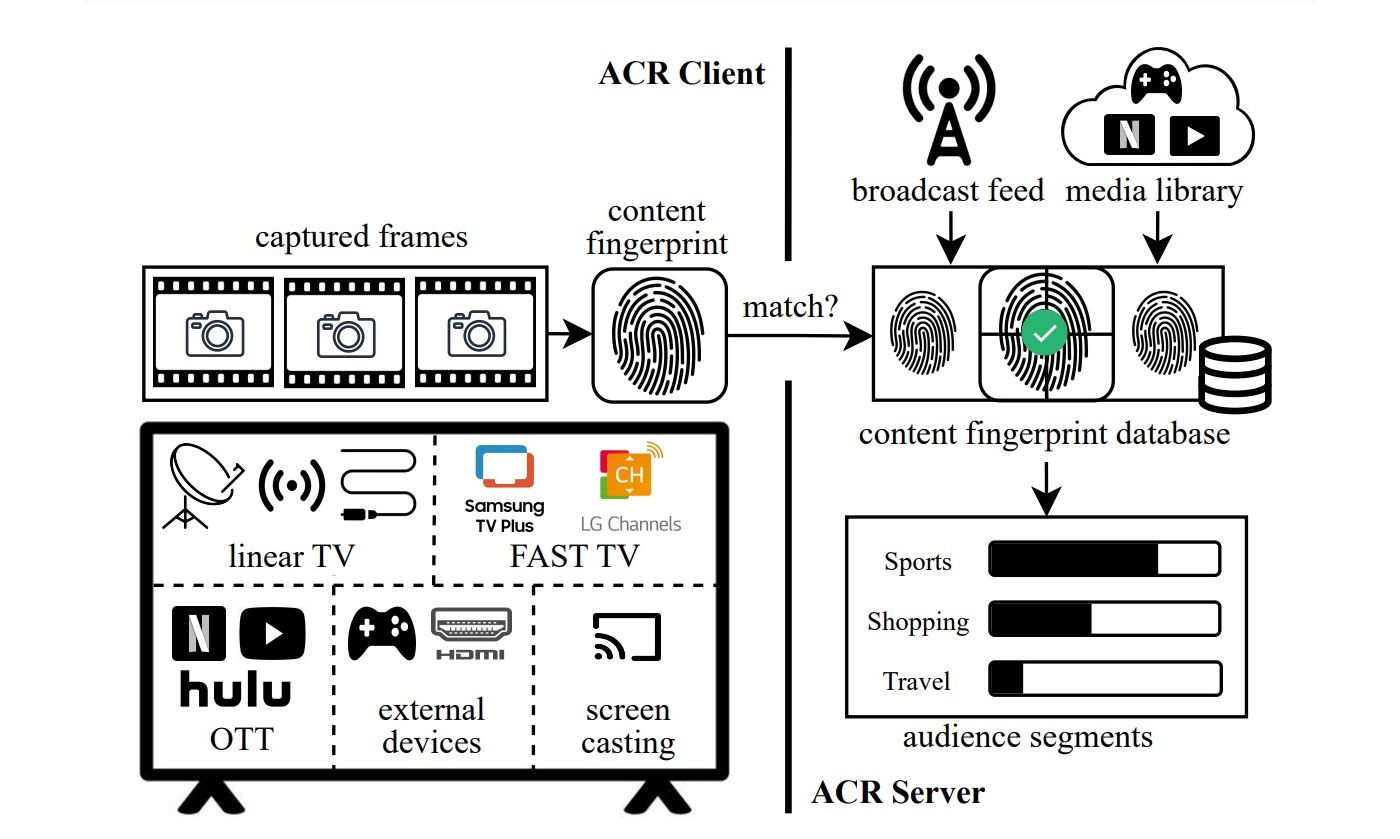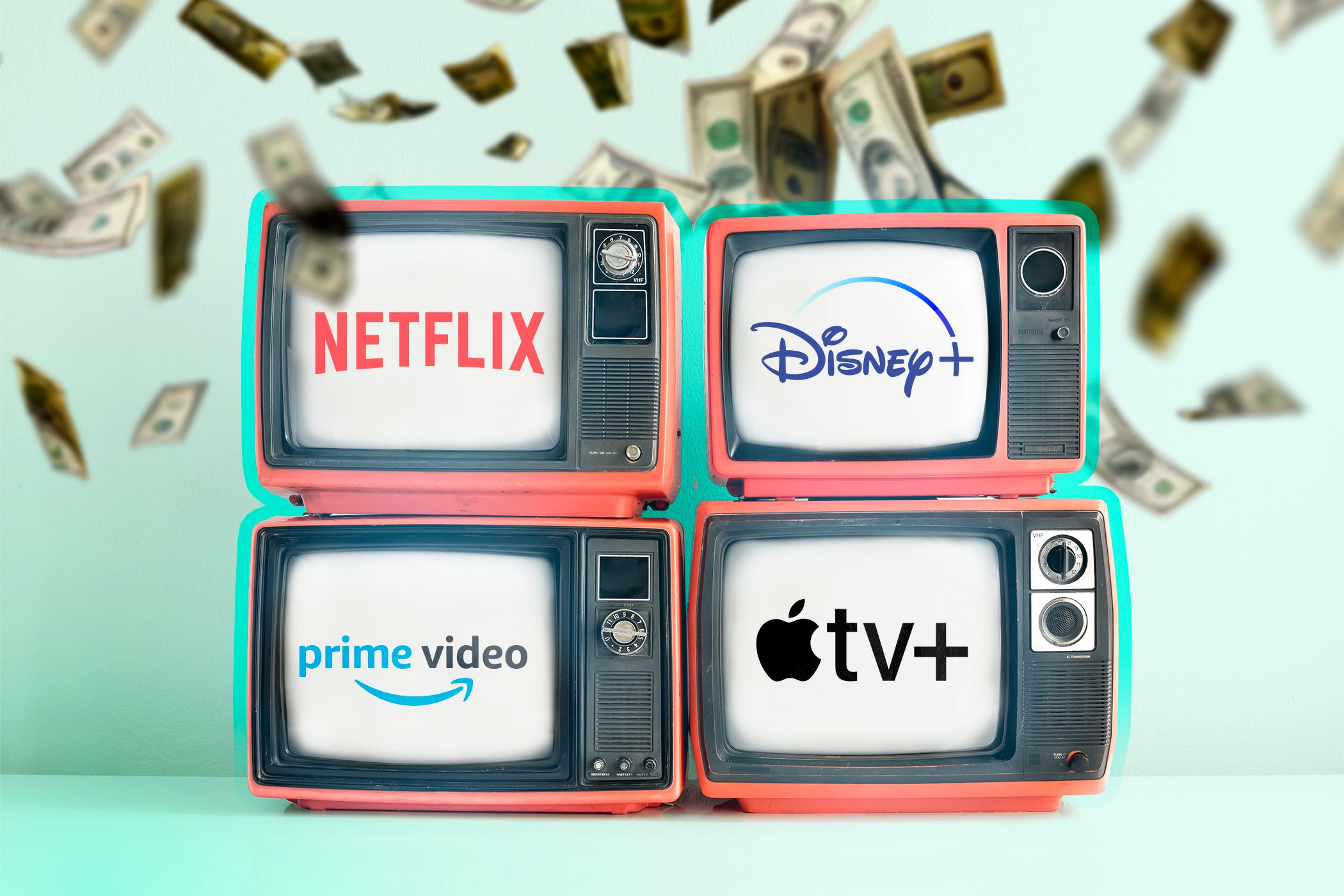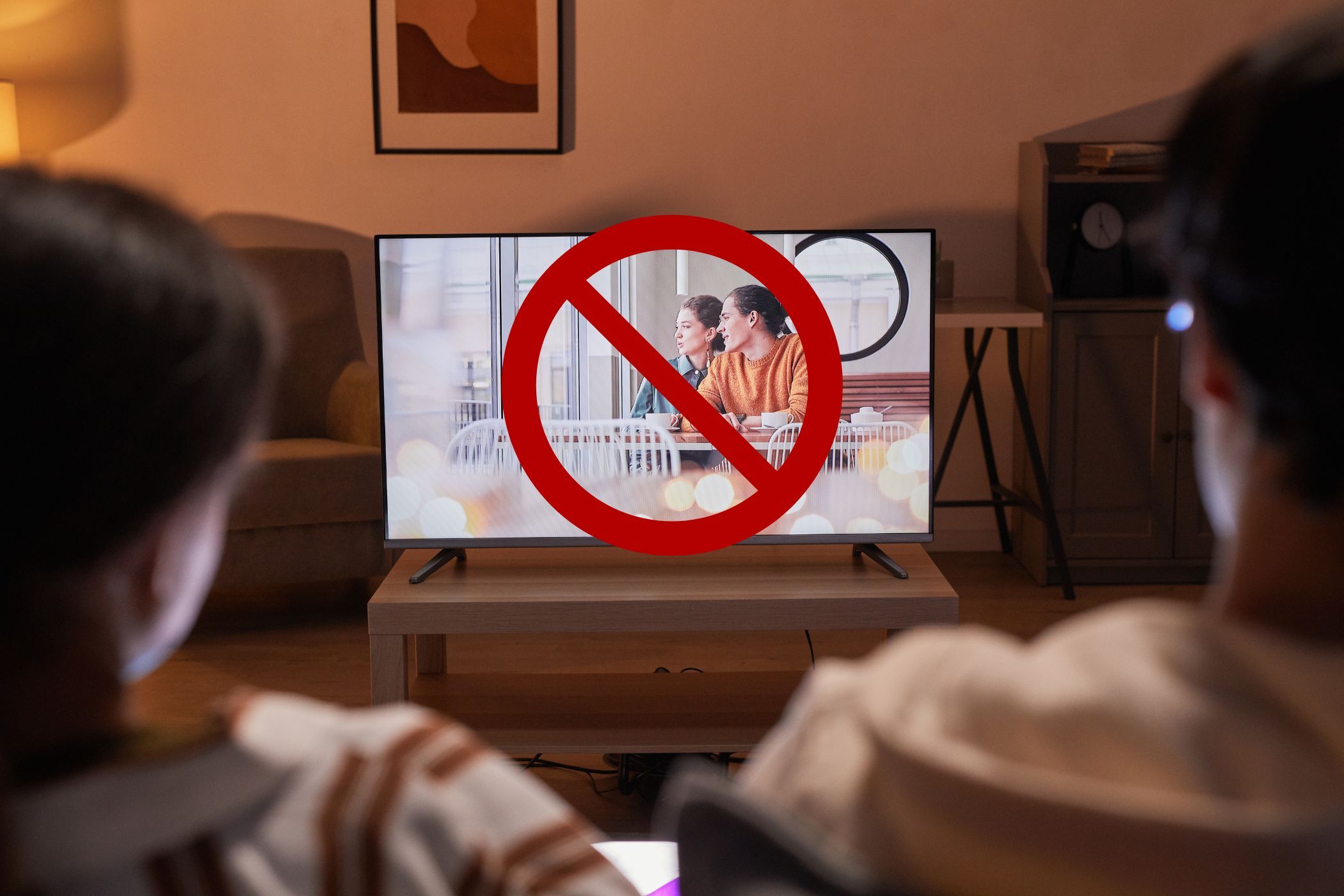You’re not just watching your TV—it’s also watching you. Every click, every show, and every search is quietly logged to shape what pops up next on your screen. The smarter your TV gets, the more capable it is at collecting data on you. And this made me wonder: what does my smart TV know about me?
How AI Recommendations Work on Your Smart TV
Every time you browse channels, binge-watch shows, or switch between streaming apps, your smart TV keeps track of your activity. It notes which genres you like, how long you watch certain programs, and even which days you tend to watch specific types of content. Over time, your smart TV uses all this information to build a digital profile of your preferences. This lets them recommend shows and movies that match your interests.
In the past, TVs used simple monitoring techniques to offer recommendations. Now, they use something called Automatic Content Recognition (ACR). This enables your smart TV to take screenshots of whatever is playing on your screen. These screenshots are sent to your smart TV manufacturer and its third-party partners to analyze and create a profile of you to serve personalized recommendations and ads.
This process is surprisingly thorough. For example, a report from DATUREX found that Samsung TVs can snap a screenshot every half a second, while LG models can do it ten times per second. It doesn’t matter which app or device you’re using—if it’s on your screen, your TV can capture it and analyze it with AI. What’s more is that LG smart TVs will soon be capable of tracking your emotions. When you combine these with other data collection methods like geolocation, voice recognition, and your search history, it becomes clear that your smart TV may know more about you than you initially thought.
What Your Smart TV Really Knows About You
From the moment you set up your smart TV, it starts gathering details about you—often more than you realize. This data collection happens continuously, whether you’re watching cable TV, streaming your favorite shows, or even using your TV as a monitor for another device. Here’s what your TV collects behind the scenes:
- Personal Details: Your TV collects information such as your email address, home address, birthdate, and credit card information during setup or purchases, then links this to your IP address to track you across devices and help advertisers target you.
- Viewing Habits: It tracks everything you watch, including streaming apps, cable, gaming consoles, and laptops, records your favorite genres and how long you watch, and sends this data to manufacturers every few seconds or minutes to build a detailed profile of your habits.
- Voice Data: If you use voice commands, your TV records and processes your spoken requests, analyzes your speech patterns, and may even listen for responses during ads, raising questions about when it’s listening, even if you’re not actively using voice features.
- Technical and Telemetry Data: Your TV collects information about your Wi-Fi, other connected devices, and how you use them, along with performance metrics such as app load times and power usage. It sends this data back to manufacturers to improve products and learn about your household routines.
All this data collection isn’t just happening for your convenience. The real reason smart TVs gather so much information goes far beyond making your recommendations more accurate.
How Your Data Is Being Used and Why It Matters
Unlike streaming services, smart TV manufacturers aren’t traditionally known for providing content recommendations or serving ads to you. So why develop and implement ACR technology?
This shift is driven largely by the opportunity for smart TV manufacturers to generate continuous revenue streams beyond just selling hardware. While smart TVs aren’t the ones showing you all the ads, they can still make money by selling your viewing data to advertisers and data brokers. If you’ve been watching home renovation shows, you’ll likely see ads for hardware stores and furniture retailers. Whether you buy the product or not, the manufacturer still gets paid with the data they’ve collected.
Now, targeted ads aren’t necessarily a bad thing. You still get served ads whether they’re targeted or not. What’s bad about targeted advertising on smart TVs is that streaming services are highly incentivized to develop ways to keep you glued to your sofa. They want to increase your watch time, so they can keep serving you ads. This is why recommendation systems have improved significantly over the past decade. It has become so good that there’s always something to watch.
This can affect a person’s mental health and overall productivity. Excessive screen time has been linked to increased anxiety and sleep problems. And companies intentionally making content as addictive as possible isn’t just making it worse—it’s amplifying the problem.
Aside from possibly affecting you and your family’s well-being, these recommendation systems also control what type of content you watch. Streaming platforms prioritize shows based on your viewing history, which can limit your exposure to diverse content that you might be interested in. This creates a feedback loop that can narrow your viewing options over time, keeping you in a filter bubble of similar content.
Another problem is with the ACR system itself. Unlike basic telemetry techniques, ACR is pretty invasive, with many folks discovering that their TV is spying on them. With smart TVs keeping an eye on your screen several times a second, it’s not hard to imagine how much personal information they can gather with those screenshots. The smart TV you’ve bought to watch shows privately has now become a surveillance device in your living room.
Modern Smart TV recommendation systems are negatively affecting your well-being, your interests, and your privacy. Is there any reason to keep using the feature?
Should You Disable Smart TV AI Recommendations?
Smart TV AI recommendations can genuinely enhance your viewing experience by helping you discover content tailored to your interests. However, this comes at the cost of your privacy. So, should you use smart TV AI recommendations?
If you value your privacy and don’t want your viewing habits to become another data point sold to advertisers, disabling these features is a no-brainer. Remember, every show you watch, every movie you finish, every pause, and rewind you do are all being tracked and analyzed. If you don’t like being monitored on a TV you’ve paid for, then you should disable AI recommendations.
On the other hand, if you enjoy having your TV suggest shows and movies you’ll probably like, leaving AI recommendations on can make sense. But remember, streaming services still provide pretty good recommendations even without these newer features on your TV. Also, you don’t have to cut your TV off from the internet completely. You just need to turn off the most invasive tracking features on your TV, such as ACR, always-on voice recognition, and the data-sharing option that is always turned on by default on a new TV. With these disabled, you’ll still get some fairly good recommendations while keeping some privacy.
In the end, smart TV recommendations are just there for some extra convenience—they help you find something to watch, but they’re not essential to enjoying your TV. Before trading away your privacy for a few extra suggestions, consider if it’s really worth it. Remember, you can still discover great shows without giving up so much personal data.











Leave a Comment
Your email address will not be published. Required fields are marked *